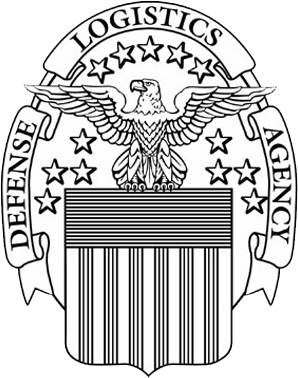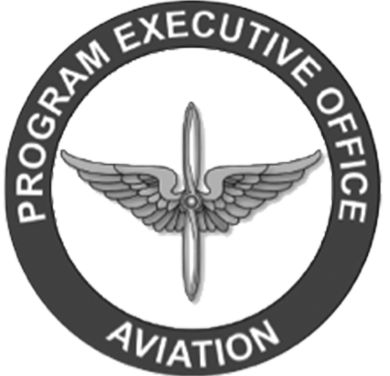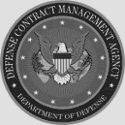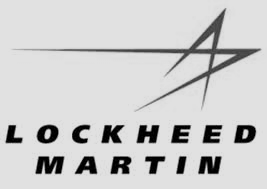
Lockheed Martin is the Original Equipment Manufacturer (OEM) and design authority for the F-16. Like any OEM, Lockheed established processes and controls to assure that new production parts as well as spare parts are made according to its engineering design guidelines and specifications.
One of the most difficult items to control is special processes. A special process is any production process in which the part being made cannot be measured, monitored, or verified prior to delivery and use. Some examples of special processes are: cleaning, x-ray, welding, magnetic particle and penetrant inspection, heat treating, and plating. The purpose of this blog is to provide a better understanding to the aerospace community of special processes and how they are controlled. This blog will place an emphasis on F-16 wired panel assemblies.
Lockheed Martin and all aerospace OEMs control which companies are approved to do special processes for the aircraft they design. Typically it is expensive to be approved for special processes and it takes many months for an OEM to study, inspect, test, measure, and approve a supplier to do special processes. It is also costly for OEM’s to approve new suppliers for special processes so once an OEM has an adequate number of them, OEMs are hesitant to approve more suppliers. For the F-16 program, Lockheed Martin’s list of suppliers who are approved to do special processes is QCS-001 which can be found on their website. An approved Lockheed Martin account number and password is required to access this list.
Now that we have a better understanding of special processes and how suppliers are controlled, let’s move onto the Three Common Mistakes When Making F-16 Wired Panel Assemblies.

Mistake 1 – Not Knowing What Special Processes Are
Over the past 3 years the number of companies that the US government has awarded contracts for spare F-16 wired panel assemblies has increased from 5 in 2010 to over 25 in 2013. Most of these new companies have never made F-16 wired panel assemblies and maybe new to the aerospace market. They may not even know that special processes exist. The new suppliers have copies of the engineering drawings for the sheet metal but normally the drawings do not specify which special processes are required. It is up to the sheet metal company to know which processes are special processes.
Mistake 2 – Not Having a List of Suppliers Approved for Special Processes
As stated earlier, the list of companies approved for special processes for the F-16 program is found in QCS-001. Unless a company has received purchase orders from Lockheed Martin, they probably do not have access to Lockheed’s website and therefore do not have accessibility to QCS-001.
Mistake 3 – Not Using Special Processes for F-16 Sheet Metal Components
Four of the common special processes when manufacturing F-16 sheet metal for wired panel assemblies are: (1) Heat Treatment of Aluminum, (2) Aluminum Welding also called Spot Welding, (3) Chemical Filming or Anodizing, and (4) Prime and Paint. Not all component parts require all of these special processes but many do. As mentioned previously, many F-16 engineering drawings do not call out what special processes are required thus a company that does not have and/or understand QCS-001 can miss some special processes which in turn makes faulty parts. Lockheed keeps track on a quarterly basis the amount of work done by companies that are certified to do special process. By doing this, they know whether or not special processes are being used on each wired panel assembly that is delivered to them.
If a company is contracted for F-16 wired panel assemblies and is making any of the three mistakes outlined above, they are making the parts incorrectly. A lack of this knowledge of these requirements does not take away a company’s responsibility of supplying F-16 wired panel assemblies to Lockheed Martin’s stringent requirements. In fact there is a phrase for these types of parts that are put on the open market. The phrase is “Counterfeit Parts”. It is wrong and illegal to sell counterfeit aerospace parts on the open market. The consequences of selling counterfeit parts include fines, imprisonment, and disbarment. It is highly recommended that companies who are making spare F-16 wired panel assemblies learn about special processes and adhere to Lockheed Martin’s specifications.
If you have any questions or concerns



























